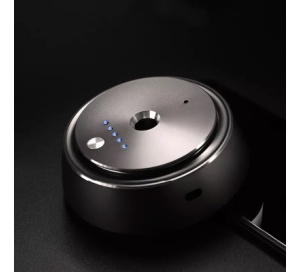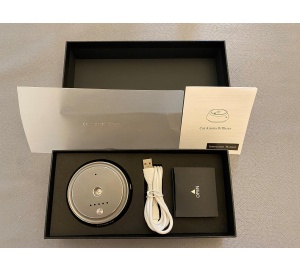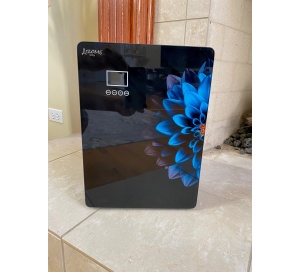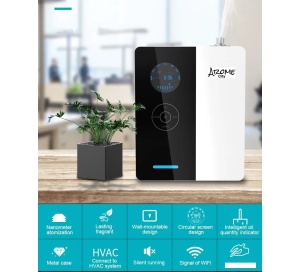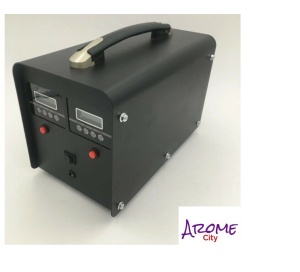Operating and Safety Instructions

Regardless you are planning to use a cold air diffuser "or" an ultrasonic diffuser, any diffuser must not be kept on for 24 hours. As essential oils are highly concentrated extracts of plants material, its exposure to human has to be kept at minimum. There are no FDA regulated guidelines around what is considered safe vs. harmful to humans, therefore everyone must use caution while using any essential oil products purchased from us or from any other source.
Air diffusers must be operated in a highly ventilated areas.
Why Young Children Should Avoid Certain Essential Oils
While research on the effects of essential oils on children is thin, and the ethics of which is widely debated in the alternative and complementary healthcare community, two small studies have shown some oils may be potentially harmful to hormone production in youth. For example:
More recent case studies found similar effects in three prepubertal girls and one boy who used fragrances containing lavender essential oil.
While more research is needed to determine how lavender and tea tree oil may affect hormones, Davila recommends approaching both with caution. Avoid using them daily at high doses. Occasional use (once or twice a week) for short period of time (several weeks) may be fine, for adults.
Who Might Want to Try (and Avoid) Essential Oils
Essential oils show promise as a therapeutic modality for a wide range of health concerns, including anxiety, sleep issues, nausea, and pain.
“Typically, it’s recommended not to use them during the first trimester. If you use them in the second or third trimesters, limit yourself to the floral or citrus oils and use them for aromatherapy versus topical use,” Davila says.
And while essential oils aren’t off-limits for people with allergies and sensitive skin, these folks should approach them with caution when it comes to physical application, Davila warns.
Dechen doesn’t recommend using essential oils on infants or children younger than 5 years old, and being careful when using them with a chronic condition or medication. “There has been a lot of research over the last 10 to 15 years about how people taking medications can get reactions from different essential oils,” she says.
Tips for Getting Started With Essential Oils
That said, choosing an essential oil is highly individual, so you may benefit from consulting a qualified aromatherapist.
Once you’ve landed on the oils you want to try — and checked that there are no safety issues — head online or visit a holistic healthcare store. (Essential oils are available at aromatherapy shops, grocery stores, and supplement stores.)
The quality of essential oils vary widely, and there are a number of factors that affect it, including the plants used, processing methods, packaging and handling, and storage. Therefore, you should research to ensure the oils you choose are of quality, as advertised.
Here are a few things to look for when shopping for an essential oil:
- The Latin name of the plant
- The name of the country where the plants where grown
- A statement about the purity of the oil
- 1


 Español
Español 